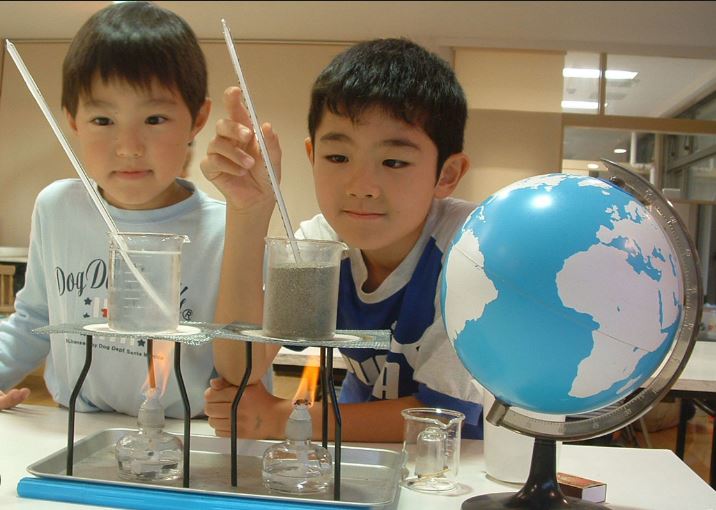Science is not just a subject; it's a way of thinking, exploring, and understanding the world. In Montessori education, the approach to teaching science is unique and highly effective. It revolves around hands-on experiences, experimentation, and nurturing the innate curiosity of young learners. In this article, we will delve into the Montessori Science Curriculum, showcasing how it fosters young scientists through hands-on experiments and activities. At Montessori Australia, you can find resources that support this holistic approach to science education.
1. The Montessori Science Philosophy

Montessori education is deeply rooted in a hands-on, experiential approach to learning. The Montessori Science Curriculum is designed to reflect this philosophy, providing children with opportunities to explore the natural world through their senses and intellect.
2. A Prepared Environment

The Montessori classroom is often referred to as a "prepared environment." In the context of science education, this means that the classroom is equipped with a wide array of materials and tools for hands-on exploration. From magnifying glasses and binoculars to beakers and thermometers, the classroom is a treasure trove for young scientists.
3. The Three-Period Lesson

Montessori educators often use the three-period lesson to introduce new scientific concepts. The first period is about introducing the concept, the second period involves association and recognition, and the third period is for recall and mastery. This method makes learning a gradual and comprehensive process.
4. The Classification of Living and Non-Living Things

One of the foundational concepts in the Montessori Science Curriculum is the classification of living and non-living things. Children are encouraged to explore, observe, and categorize objects and organisms based on specific characteristics. This activity not only nurtures observation skills but also provides the foundation for biological studies.
5. Sensorial Experiences

The Montessori method places a strong emphasis on sensory experiences. From touching leaves and bark to smelling flowers and herbs, children are encouraged to engage their senses in the learning process. This hands-on approach deepens their understanding and appreciation of the natural world.
6. Botany and Zoology Materials

Montessori classrooms are equipped with botany and zoology materials that allow children to explore the plant and animal kingdoms. From leaf puzzles to animal figurines, these materials engage young learners in tangible, real-world experiences.
7. Geology and Earth Science

The study of geology and earth science is an integral part of the Montessori Science Curriculum. Children learn about the Earth's layers, the rock cycle, and even conduct experiments related to topics like erosion and weathering.
8. Astronomy and the Universe

Montessori education extends to the cosmos. Children are introduced to the wonders of the universe, exploring topics like the solar system, galaxies, and even the history of space exploration.
9. Physics and Chemistry Experiments

As children progress through their Montessori education, they engage in physics and chemistry experiments. These hands-on activities introduce concepts like density, buoyancy, and simple chemical reactions.
10. Practical Life Activities in Science

Practical life activities are an integral part of the Montessori Science Curriculum. Children are encouraged to take care of plants, observe the growth of seedlings, and even engage in simple cooking experiments to understand chemical changes during cooking.
Conclusion
The Montessori Science Curriculum is a remarkable journey of hands-on exploration, experimentation, and discovery. It fosters young scientists by nurturing their curiosity, promoting critical thinking, and encouraging a profound connection with the natural world. At Montessori Australia, you can explore a wealth of resources that support this holistic approach to science education. These activities not only make learning fun but also lay a strong foundation for future scientific studies, ensuring that children develop a love for science that lasts a lifetime. Montessori doesn't just teach science; it empowers children to become inquisitive, independent, and enthusiastic young scientists.

